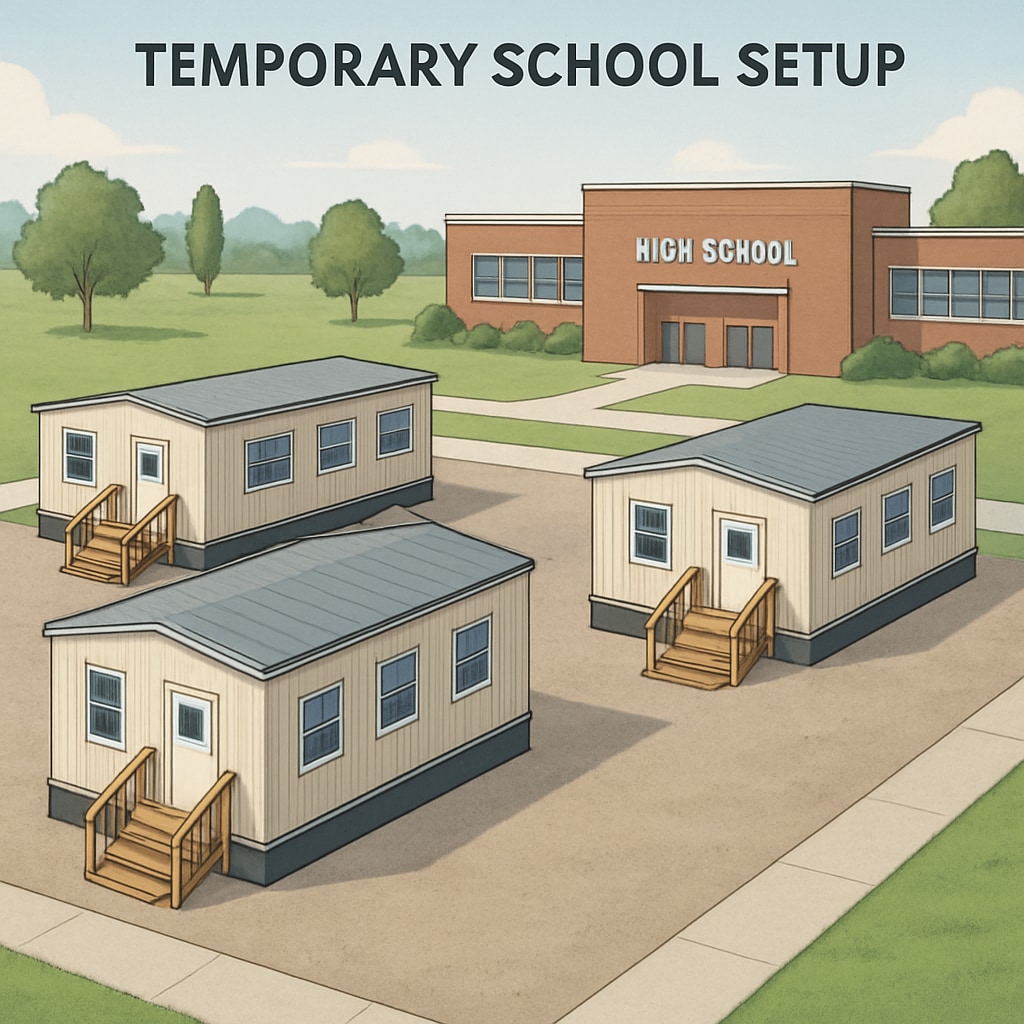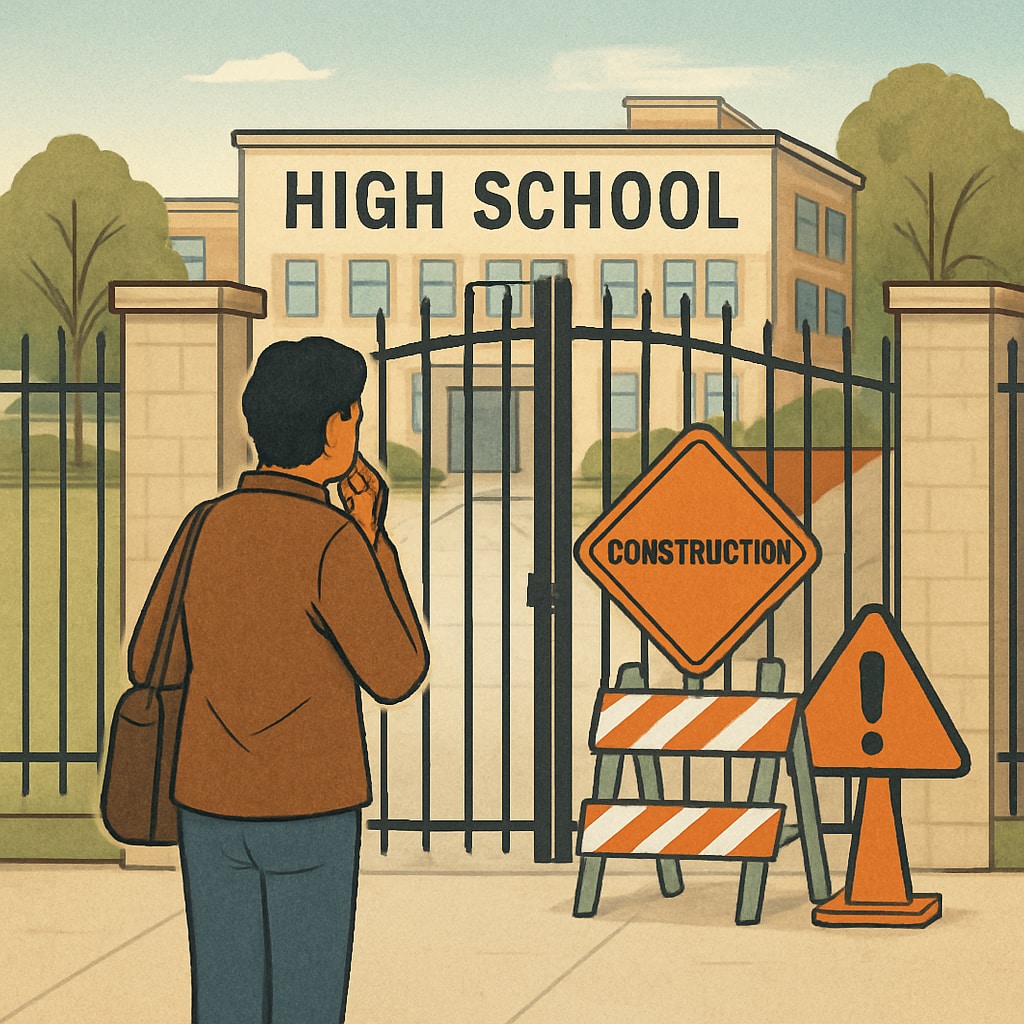School renovations often aim to enhance the learning experience, but for elementary students, temporary campus changes can disrupt their daily routines and emotional stability. When young children are relocated to temporary trailer classrooms on a high school campus, they face the loss of familiar playgrounds and decreased parental involvement. These changes can have profound effects on their social, emotional, and physical development. Addressing these challenges requires proactive strategies to ensure students’ well-being during this transitional period.
The Emotional Impact of Losing Familiar Spaces
For young children, the school environment is more than just a place for academic learning; it is a space for social exploration and emotional growth. The removal of familiar playgrounds during campus renovations can significantly impact their happiness and social interactions. Playgrounds are not just recreational areas—they are vital for fostering teamwork, creativity, and physical activity.
When playgrounds are replaced with parking lots or inaccessible areas, children lose a crucial outlet for stress relief and social bonding. Teachers may notice increased restlessness in classrooms, as students lack opportunities to expend their energy during recess. As a result, their ability to focus on academics may also decline.

Reduced Parental Involvement: A Hidden Challenge
Another critical issue stemming from temporary campus changes is the decline in parental engagement. Elementary schools often serve as community hubs, where parents actively participate in events, volunteer opportunities, and student activities. However, when younger students are relocated to high school campuses, the physical and emotional distance can discourage parental involvement.
Parents may find it challenging to navigate the unfamiliar high school environment, leading to fewer interactions with teachers and reduced participation in school activities. This lack of engagement can affect students’ emotional well-being, as parental involvement is closely linked to their sense of security and motivation.

Strategies to Mitigate the Impact of Temporary Campus Changes
While temporary campus relocations are sometimes unavoidable, schools can implement measures to minimize their negative impact on students. Here are some strategies:
- Maintaining Recreational Opportunities: Portable playground equipment or designated play areas can help preserve physical activity and social interaction.
- Encouraging Parental Engagement: Schools can organize orientation sessions and family-friendly events to make high school campuses more welcoming for elementary parents.
- Prioritizing Communication: Regular updates and transparent communication with parents can ease concerns and foster a sense of community.
- Providing Emotional Support: School counselors can offer group sessions to help students navigate the emotional challenges of the transition.
These initiatives can help maintain a sense of normalcy and continuity for young learners during a potentially stressful period.
Looking Ahead: Lessons for Future Renovations
Temporary campus changes are a reminder of the delicate balance required to support young students’ development. As schools plan future renovations, they must consider the holistic needs of their students. Incorporating temporary playgrounds, fostering parental engagement, and maintaining open communication can significantly reduce the adverse effects of such transitions.
Ultimately, the goal should be to create an environment where students feel supported, even in temporary spaces. By prioritizing their emotional and physical well-being, schools can ensure that young learners continue to thrive, even amidst change.
Readability guidance: This article uses short paragraphs and lists to enhance readability. Transitional phrases like “however,” “as a result,” and “in addition” are used throughout to improve flow. Passive voice is minimized, and long sentences are avoided to maintain clarity.


